Sustainable Folding Cartons
Our sustainable folding cartons are available in a variety of styles to meet your packaging needs. Crafted from eco-friendly materials and printed with sustainable inks, these cartons provide an environmentally responsible solution without compromising on quality. Choose from a range of print options to create packaging that is both visually appealing and sustainable.
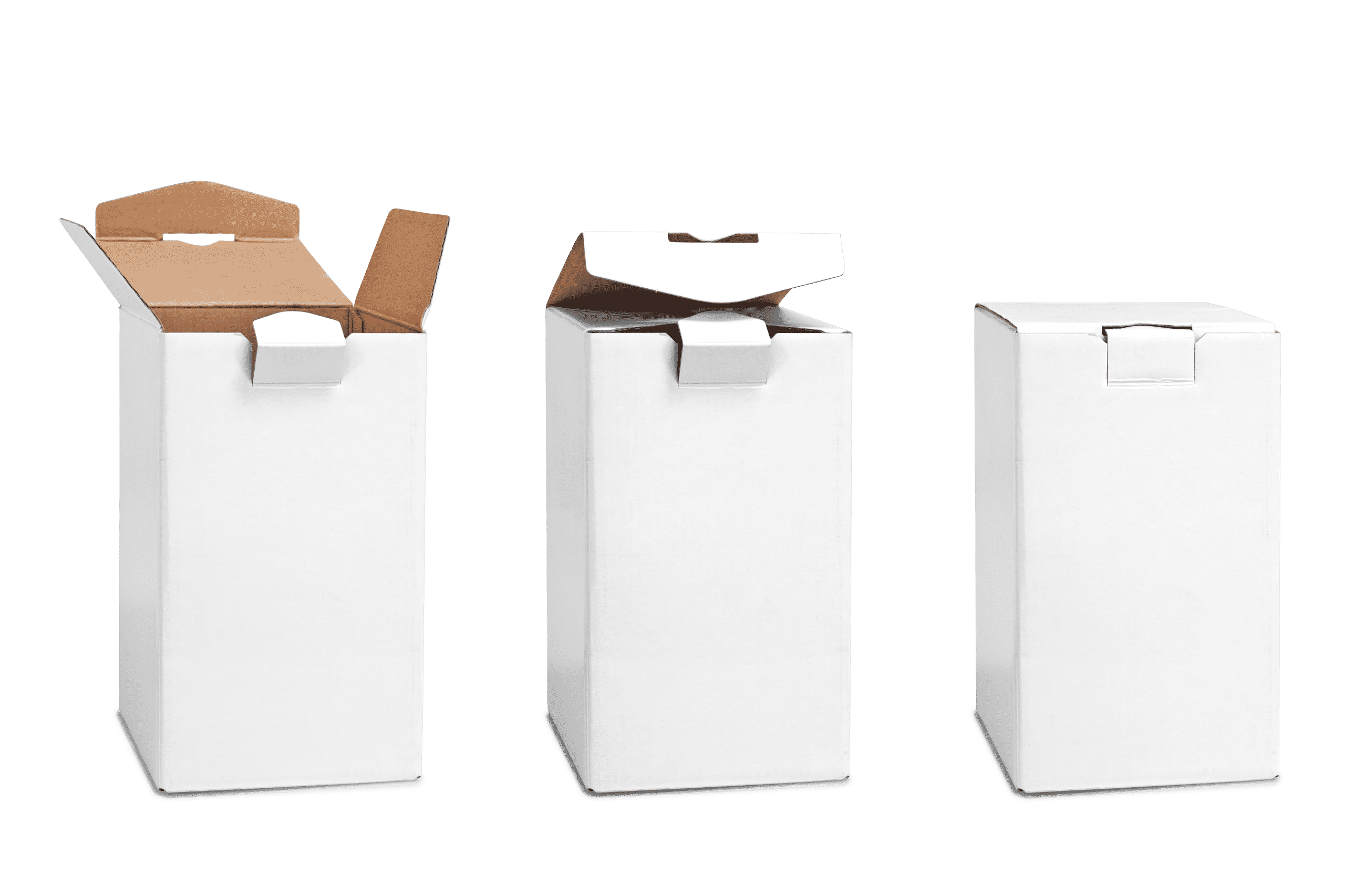
Sustainable Folding Cartons
Our sustainable folding cartons are available in a variety of styles to meet your packaging needs.

How We Can Help Make Your Folding Carton Sustainable
We provide a range of solutions to create more sustainable folding cartons, including material optimization, precision fit, and eco-friendly coatings. Additionally, we assist in achieving top sustainability certifications such as FSC, SFI, Cradle to Cradle, and BPI, ensuring your packaging meets the highest environmental standards.
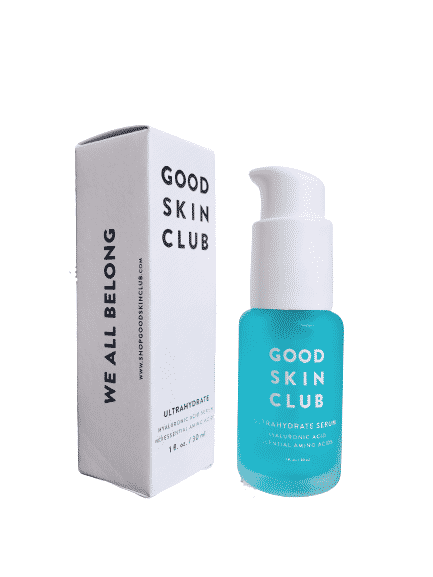
Folding Carton Styles
We offer a complete range of corrugated boxes, available in custom and stock options to suit your specific packaging needs. Our boxes are designed to meet various burst strengths and edge crush test (ECT) ratings, ensuring durability and reliability for your requirements.
Straight Tuck End (STE) cartons have tuck flaps on both the top and bottom that fold in the same direction, providing a clean and professional appearance. This design makes them easy to assemble and close, ensuring secure packaging for a variety of products. They are commonly used for cosmetics, pharmaceuticals, and small electronics, offering excellent product visibility and accessibility. The STE design ensures a sleek, uniform look that enhances shelf appeal and brand presentation.
Reverse Tuck End (RTE) cartons feature tuck flaps that fold in opposite directions on the top and bottom, creating a secure and stable closure. This design reduces the chance of accidental opening, making it ideal for lightweight products such as food items, toys, and personal care products. RTE cartons are easy to assemble and provide good stacking strength for efficient storage and transportation. Their versatile design accommodates various packaging needs while maintaining a polished look.
Auto Bottom cartons, also known as crash lock boxes, have a pre-glued bottom that automatically locks into place when the carton is opened. This design allows for quick and easy assembly, saving time and labor costs in high-volume packaging operations. They are ideal for heavier products like beverages, household goods, and bulk items, providing strong support and stability. The auto bottom feature ensures reliable performance and efficient packaging processes.
Full Seal cartons provide a completely sealed packaging solution with flaps that securely close all sides of the box. This design offers maximum protection against contamination and tampering, making it suitable for food, pharmaceuticals, and high-value items. Full Seal cartons are often used when product integrity and security are paramount, ensuring that contents remain safe and intact. The fully enclosed structure also provides a clean, uninterrupted surface for branding and labeling.
Shelf Display cartons are designed with a built-in display feature, allowing them to transition easily from shipping to retail shelving. This design typically includes perforations or tear-away sections for quick and easy product access while maintaining an attractive presentation. They are ideal for promotional items, snacks, and consumer goods that benefit from immediate visibility and accessibility in a retail environment. Shelf Display cartons enhance brand presence and encourage impulse purchases with their convenient and appealing format.
If you don’t see the folding carton style you need, we offer a variety of additional styles tailored to your specific requirements. Our team is ready to assist you in finding the perfect packaging solution for your products. Contact us to discuss your unique needs and explore our custom design options. We’re committed to providing high-quality, sustainable folding cartons that meet all your packaging goals.
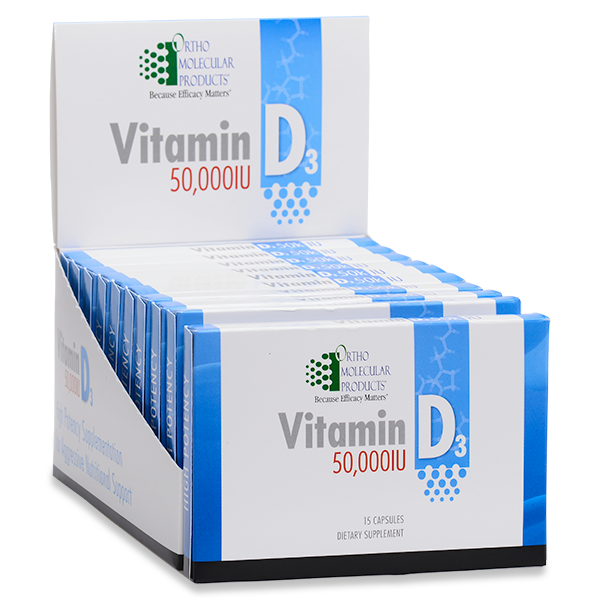
Material Options
Select from our range of sustainable folding carton materials, including recycled paperboard, kraft paper, biodegradable paperboard, and more. Each option is designed to reduce environmental impact while providing high-quality, durable packaging solutions for your products.
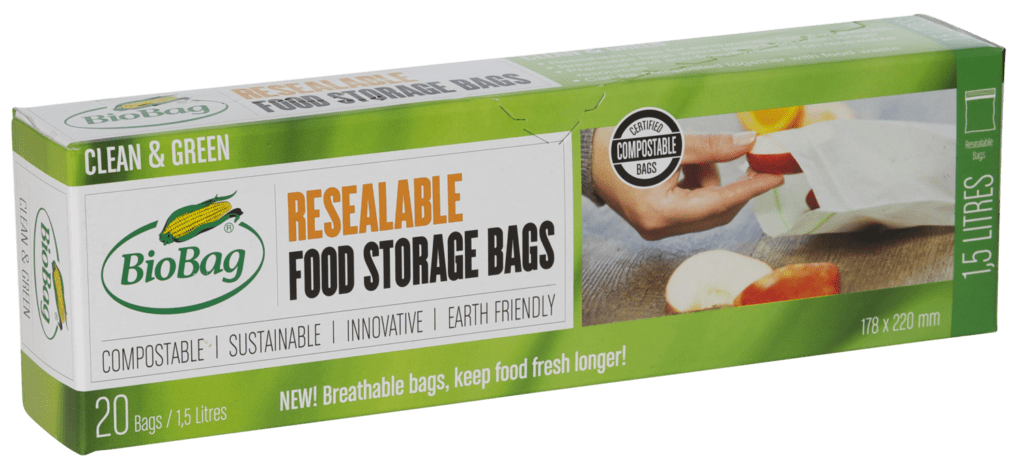
Recycled paperboard is made from post-consumer and post-industrial recycled paper, offering a sustainable alternative to virgin paperboard. This material helps reduce waste and conserve natural resources while maintaining the strength and durability needed for packaging. It is suitable for a wide range of products, from food and beverages to cosmetics and household goods. Recycled paperboard ensures that your folding cartons are eco-friendly and support a circular economy.
Kraft paper is a natural, unbleached material known for its strength and durability. Sourced from responsibly managed forests, it is both biodegradable and recyclable, making it an excellent choice for sustainable packaging. Kraft paper folding cartons are commonly used for organic and natural products, providing a rustic and eco-conscious appeal. This material supports sustainability efforts while delivering robust protection for your products.
Biodegradable paperboard is designed to break down naturally in the environment, reducing long-term waste. Made from renewable resources, this material decomposes more quickly than traditional paperboard, minimizing its ecological footprint. It is ideal for products that emphasize sustainability and environmental responsibility, such as eco-friendly consumer goods and organic food items. Biodegradable paperboard ensures your packaging contributes to a healthier planet.
Post-consumer recycled (PCR) material is derived from recycled consumer products, giving a second life to materials that would otherwise end up in landfills. This sustainable option reduces the need for virgin resources and supports recycling programs. PCR material is used in a variety of packaging applications, including folding cartons for food, cosmetics, and retail products. Utilizing PCR material in your packaging demonstrates a commitment to sustainability and waste reduction.
FSC-certified paper comes from forests that meet the rigorous environmental and social standards set by the Forest Stewardship Council. This certification ensures that the paper is sourced from responsibly managed forests that provide environmental, social, and economic benefits. FSC-certified paper is used in folding cartons for a variety of industries, including food, cosmetics, and consumer goods. Choosing FSC-certified paper supports sustainable forestry practices and promotes the health of forest ecosystems.
Compostable paper is designed to break down completely in composting environments, leaving no harmful residues. This material is made from renewable resources and can be safely returned to the earth, enriching the soil. Compostable paper is ideal for products marketed as eco-friendly and sustainable, such as organic foods and natural personal care items. Using compostable paper for your folding cartons highlights your commitment to environmental stewardship.
Sustainable Print and Ink Options
Explore our eco-friendly print and ink options for corrugated boxes, designed to ensure high-quality results while minimizing environmental impact. We use sustainable inks and printing processes that reduce harmful emissions and are safer for the environment, providing you with a greener choice without compromising on visual appeal.
Digital printing is a versatile and eco-friendly printing method that eliminates the need for plates, reducing waste and setup time. It allows for high-quality, precise prints with minimal ink usage, making it ideal for short runs and customized packaging. This method uses less energy and generates fewer emissions compared to traditional printing techniques. Additionally, digital printing can accommodate a variety of sustainable inks, further enhancing its environmental benefits.
- Applicable to: Short-run packaging, personalized products, rapid prototyping
- Sustainability Level: High, due to reduced waste, lower energy use, and compatibility with eco-friendly inks
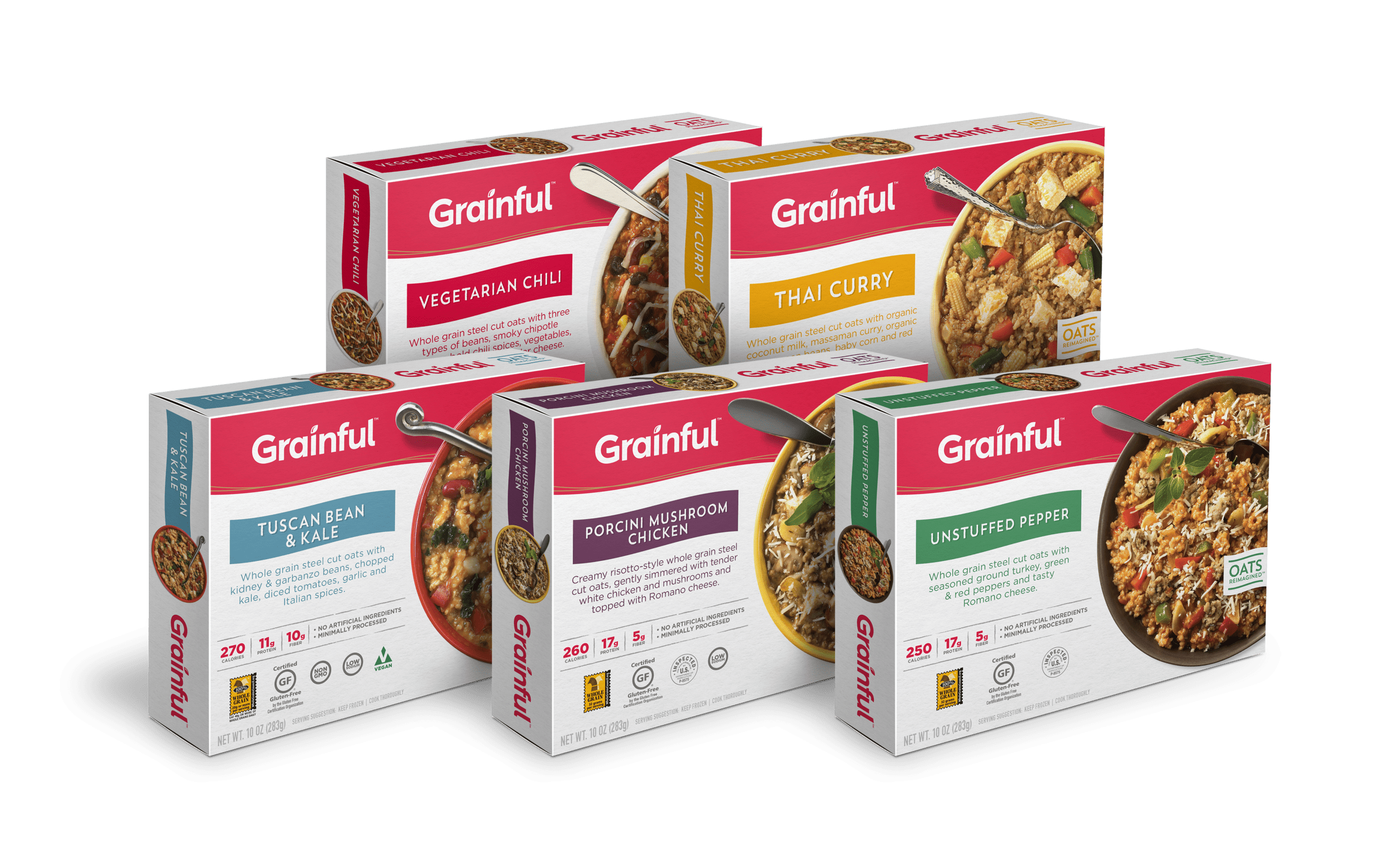
Flexographic (flexo) printing uses flexible plates and fast-drying inks, making it efficient for large-scale production. This method can print on a wide range of substrates, including recycled and biodegradable materials, and is compatible with water-based and UV-cured inks. Flexo printing produces high-quality, durable prints with minimal environmental impact. Its ability to use sustainable inks and substrates makes it a popular choice for eco-friendly packaging.
- Applicable to: Flexible packaging, labels, large-scale production runs
- Sustainability Level: Moderate to high, depending on the inks and materials used, with potential for significant environmental benefits
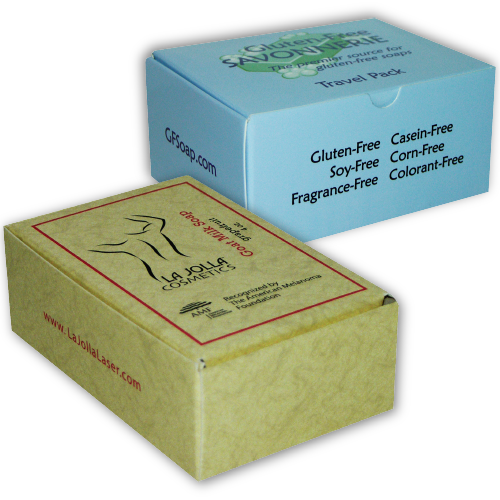
Lithographic (offset) printing offers high-quality and consistent prints, making it suitable for larger production runs. This method uses a planographic process that involves transferring ink from a flat surface to the substrate, ensuring sharp and detailed images. Lithographic printing can be made more sustainable by using recycled paper and vegetable-based inks. Its precise and efficient process reduces waste and supports the production of eco-friendly packaging.
- Applicable to: Larger production runs, detailed images, high-quality prints
- Sustainability Level: Moderate to high, when using recycled materials and eco-friendly inks, reducing environmental impact
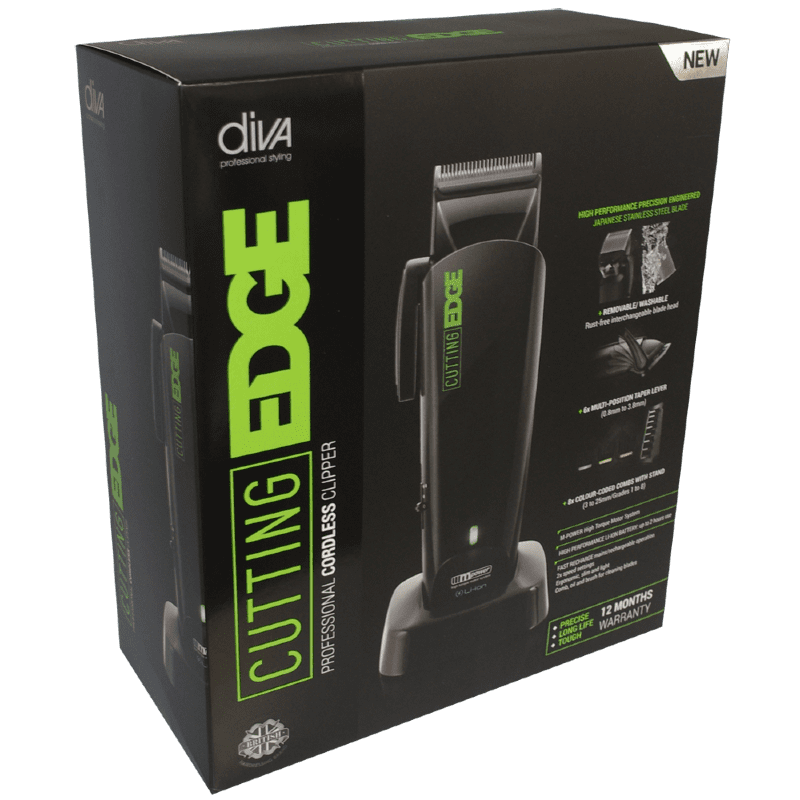
Digital printing is a versatile and eco-friendly printing method that eliminates the need for plates, reducing waste and setup time. It allows for high-quality, precise prints with minimal ink usage, making it ideal for short runs and customized packaging. This method uses less energy and generates fewer emissions compared to traditional printing techniques. Additionally, digital printing can accommodate a variety of sustainable inks, further enhancing its environmental benefits.
- Applicable to: Short-run packaging, personalized products, rapid prototyping
- Sustainability Level: High, due to reduced waste, lower energy use, and compatibility with eco-friendly inks

Flexographic (flexo) printing uses flexible plates and fast-drying inks, making it efficient for large-scale production. This method can print on a wide range of substrates, including recycled and biodegradable materials, and is compatible with water-based and UV-cured inks. Flexo printing produces high-quality, durable prints with minimal environmental impact. Its ability to use sustainable inks and substrates makes it a popular choice for eco-friendly packaging.
- Applicable to: Flexible packaging, labels, large-scale production runs
- Sustainability Level: Moderate to high, depending on the inks and materials used, with potential for significant environmental benefits

Lithographic (offset) printing offers high-quality and consistent prints, making it suitable for larger production runs. This method uses a planographic process that involves transferring ink from a flat surface to the substrate, ensuring sharp and detailed images. Lithographic printing can be made more sustainable by using recycled paper and vegetable-based inks. Its precise and efficient process reduces waste and supports the production of eco-friendly packaging.
- Applicable to: Larger production runs, detailed images, high-quality prints
- Sustainability Level: Moderate to high, when using recycled materials and eco-friendly inks, reducing environmental impact

Soy-based inks are derived from soybean oil, making them a renewable and biodegradable alternative to traditional petroleum-based inks. These inks provide vibrant, sharp colors and are easier to remove during the recycling process, which enhances the recyclability of printed materials. Soy-based inks emit fewer volatile organic compounds (VOCs), reducing air pollution and contributing to a healthier environment. They are ideal for use in digital, flexographic, and lithographic printing, providing versatility across different printing methods. By using soy-based inks, businesses can support sustainable agriculture and reduce their carbon footprint. However, soy-based inks may have longer drying times compared to conventional inks.
- Applicable to: Digital, Flexographic, Lithographic
- Sustainability Level: High, due to renewable sources and reduced VOC emissions
- Cost Level: Moderate, generally comparable to traditional inks
- Advantages: Renewable, biodegradable, vibrant colors, easier recycling
- Disadvantages: Longer drying times, may not be suitable for all substrates
Water-based inks use water as the primary solvent, significantly reducing the emission of VOCs and hazardous air pollutants. These inks are eco-friendly and provide high-quality, vibrant prints suitable for a variety of packaging applications. Water-based inks are safer for both the environment and printing facility workers, promoting a healthier workplace. They are compatible with digital, flexographic, and lithographic printing methods, offering flexibility in their use. The main advantage of water-based inks is their low environmental impact, although they may require specialized drying equipment.
- Applicable to: Digital, Flexographic, Lithographic
- Sustainability Level: High, due to low VOC emissions and minimal environmental impact
- Cost Level: Moderate, generally more affordable than solvent-based inks
- Advantages: Low VOC emissions, environmentally friendly, vibrant colors
- Disadvantages: May require specialized drying equipment, less durable than solvent-based inks
UV-cured inks dry instantly when exposed to ultraviolet light, eliminating the need for solvents and reducing VOC emissions. These inks provide excellent adhesion, durability, and resistance to fading, making them ideal for high-performance packaging. UV-cured inks are suitable for digital, flexographic, and lithographic printing, offering versatility and high print quality. The immediate curing process reduces energy consumption and production time, contributing to overall efficiency. However, the initial investment in UV curing equipment can be high, and there are potential health risks associated with UV exposure.
- Applicable to: Digital, Flexographic, Lithographic
- Sustainability Level: Moderate to high, due to reduced VOC emissions and energy use
- Cost Level: High, due to the need for specialized curing equipment
- Advantages: Instant drying, high durability, vibrant colors
- Disadvantages: Higher initial investment, potential health risks from UV exposure
Algae-based inks are an innovative and sustainable alternative derived from algae cells. These inks are renewable, biodegradable, and have a lower carbon footprint compared to traditional petroleum-based inks. Algae-based inks provide vibrant colors and are suitable for digital and flexographic printing methods. They support a circular economy by promoting the use of renewable resources and reducing reliance on fossil fuels. While algae-based inks offer significant environmental benefits, they are relatively new and may come with higher costs and limited availability.
- Applicable to: Digital, Flexographic
- Sustainability Level: High, due to renewable and biodegradable properties
- Cost Level: High, as they are relatively new and less widely available
- Advantages: Renewable, biodegradable, vibrant colors, low carbon footprint
- Disadvantages: Higher cost, limited availability
Vegetable-based inks are made from various vegetable oils, offering a sustainable alternative to petroleum-based inks. These inks are biodegradable, provide good color quality, and are suitable for flexographic and lithographic printing methods. Vegetable-based inks help reduce environmental impact and support the use of renewable resources. They are an eco-friendly choice for printing, although they may not be suitable for all substrates and can have longer drying times.
- Applicable to: Flexographic, Lithographic
- Sustainability Level: High, due to renewable sources and biodegradability
- Cost Level: Moderate, similar to other eco-friendly inks
- Advantages: Renewable, biodegradable, good color quality
- Disadvantages: Longer drying times, may not be suitable for all substrates
Aqueous inks are water-based and designed to be environmentally friendly, containing fewer harmful chemicals. They provide high-quality prints with vibrant colors and are suitable for digital and flexographic printing methods. Aqueous inks dry quickly and are ideal for various substrates, offering a versatile and sustainable printing solution. These inks support reduced VOC emissions and safer printing processes, although they may require specialized equipment for optimal results.
- Applicable to: Digital, Flexographic
- Sustainability Level: High, due to low VOC emissions and minimal environmental impact
- Cost Level: Moderate, generally more affordable than solvent-based inks
- Advantages: Quick drying, environmentally friendly, high-quality prints
- Disadvantages: May require specialized equipment, less durable than solvent-based inks
Interested In Sustainable Folding Cartons?
Frequently Asked Questions
Learn more about our sustainable folding cartons, including materials, certifications, and compliance with industry standards. Discover how our eco-friendly packaging solutions can meet your specific needs and support your sustainability goals.
Expert Consulting
Our expert consulting services provide tailored guidance and strategic insights to help you make informed packaging decisions and optimize your packaging processes.
Digital Print
Utilizing advanced in-house digital printing technology, we offer high-quality printed samples that showcase your packaging design concepts effectively.
Structural Design
Our structural design expertise ensures your packaging is not only visually appealing but also optimized for functionality, protection, and cost-efficiency.
Sampling
We provide sampling services to help you evaluate and refine your packaging prototypes, allowing you to make data-driven decisions before full-scale production.
Graphic Design
Our graphic design team specializes in creating captivating visuals, ensuring your packaging communicates your brand identity and product messaging effectively.
Product & Material testing
We offer comprehensive product and material testing to guarantee the durability, safety, and compliance of your packaging, assuring its suitability for your specific industry and requirements.
Order minimums vary from project to project, it usually depends on the type of packaging, design, size and desired materials. Contact us and we will evaluate the best options for your packaging needs.
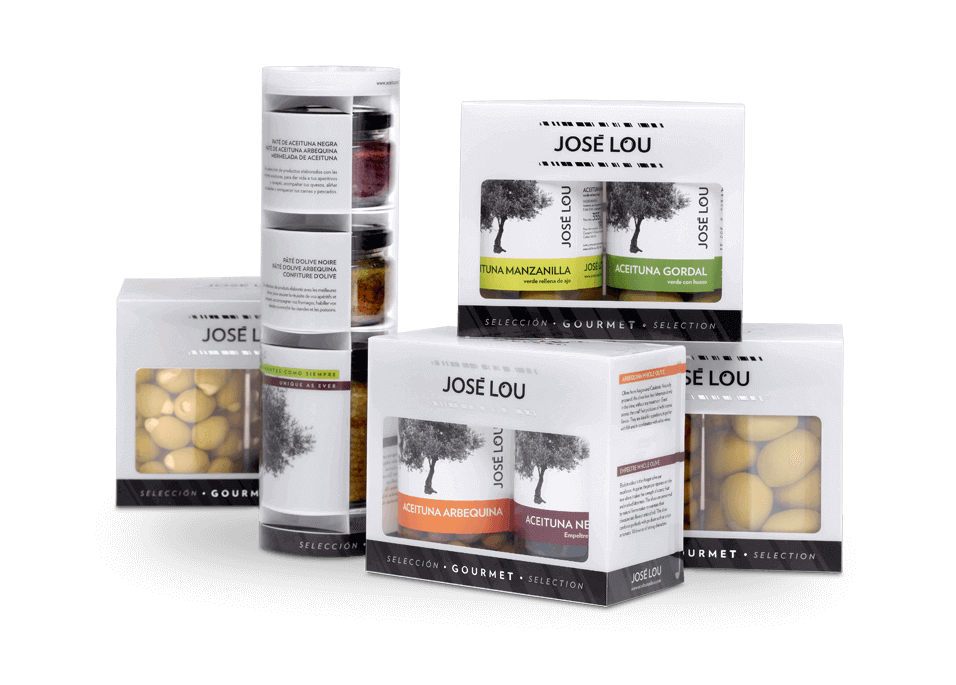
Shipping is free to all Southern California businesses. Fees are generally added to orders outside of Southern California or if you need a rush order. We also deliver to all of the United States, in which prices for shipping can vary.
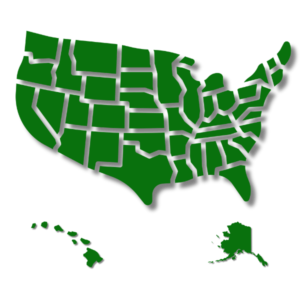
Yes, we offer both custom and stock folding cartons to meet a variety of needs and specifications. Whether you require standard sizes for general use or customized solutions tailored to unique product dimensions and branding requirements, we have the capability and expertise to provide high-quality corrugated boxes that perfectly suit your needs. Feel free to contact us to discuss your specific requirements and explore our extensive range of options.
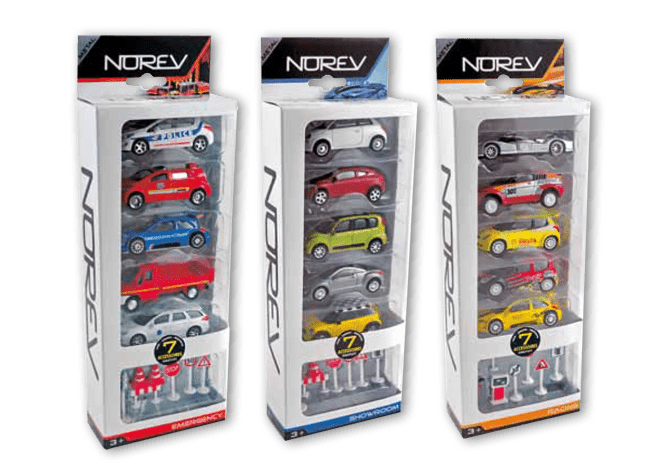
Selecting the right style of corrugated box is crucial as it ensures optimal protection, enhances cost-effectiveness, and meets specific logistical requirements, ultimately safeguarding your product’s integrity throughout the shipping and handling process.
We Are Retail Compliant:
Our sustainable folding cartons meet the requirements of major retail chains and club stores like Target, Costco, Sam’s Club, and Home Depot. Designed for durability and product protection, they comply with industry standards and support sustainability initiatives. Using eco-friendly materials and innovative designs, our cartons enhance shelf appeal and promote a greener future. Display your products confidently with our retail-compliant packaging.




We Are Gov. Compliant:
Our sustainable folding cartons comply with the standards set by key government agencies such as the FDA, USDA, and EPA. Designed for safety and environmental responsibility, they meet stringent requirements for product protection and sustainability. Using eco-friendly materials, our cartons support regulatory compliance and promote a healthier planet. Trust our government-compliant packaging to ensure your products meet all necessary guidelines.
To dive deeper into sustainable packaging, we invite you to explore our blog, which features a wealth of information on eco-friendly practices, innovations in sustainable materials, and expert insights. Our blog is regularly updated to help you stay informed about the latest trends and developments in sustainable packaging. Visit our blog to learn more and take your knowledge to the next level.
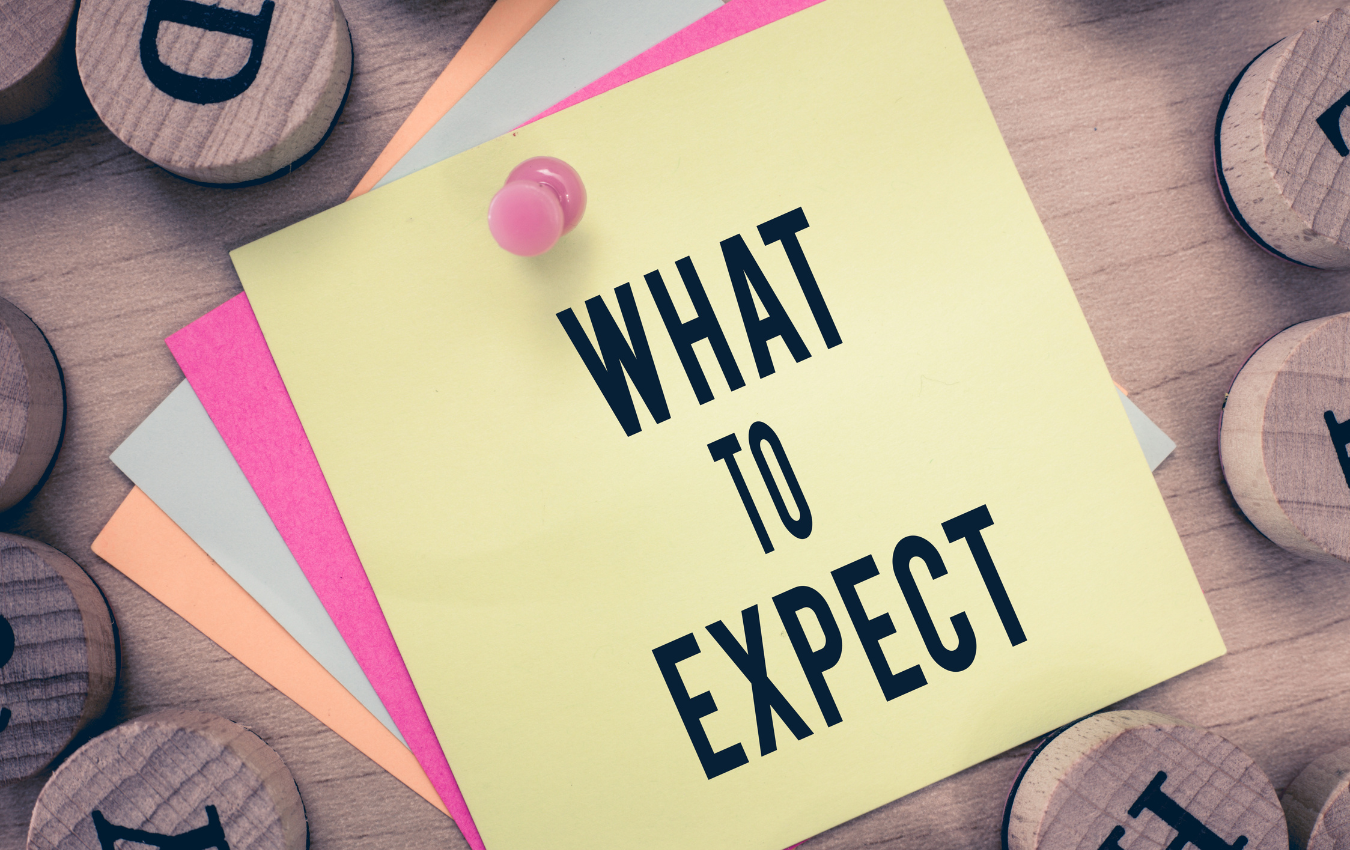
As we gear up for 2024, the world continues to evolve and adapt to the ever-growing demands of sustainability. A major focal point of this
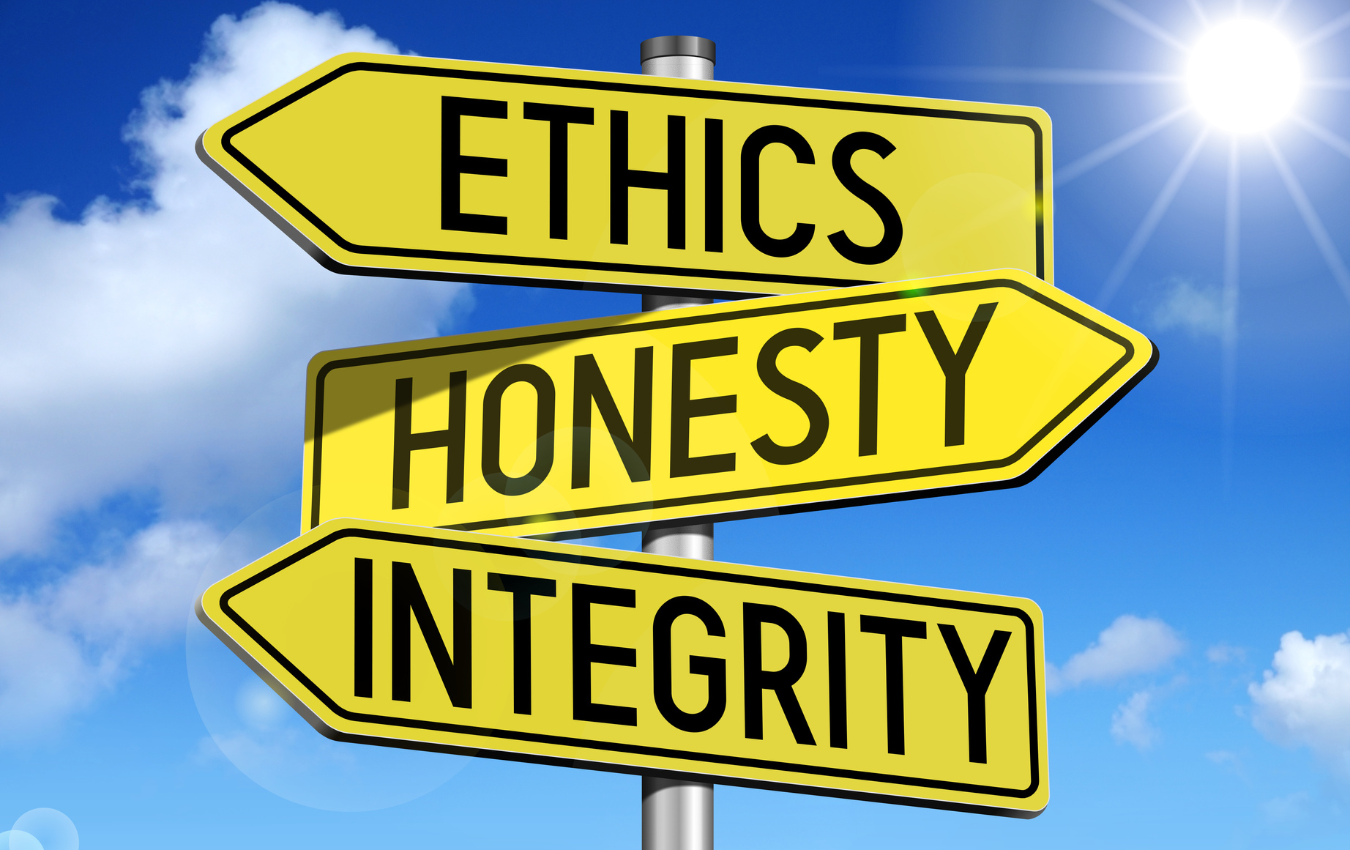
In today’s market, the concept of ethical packaging has become increasingly important. Companies are recognizing the need to adopt packaging practices that are not only

Incorporating recycled fiber into corrugated board is essential for sustainability goals, but it directly affects the mechanical properties of packaging. Understanding how fiber composition influences

